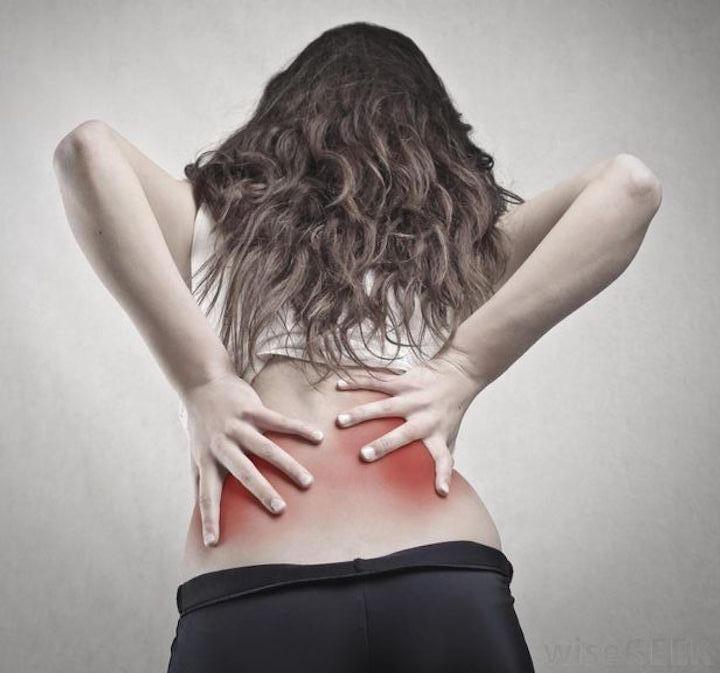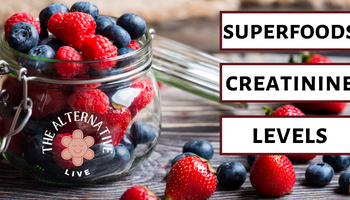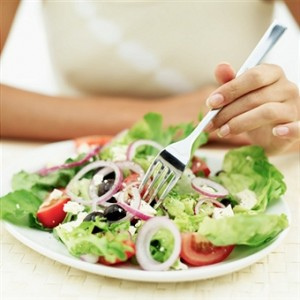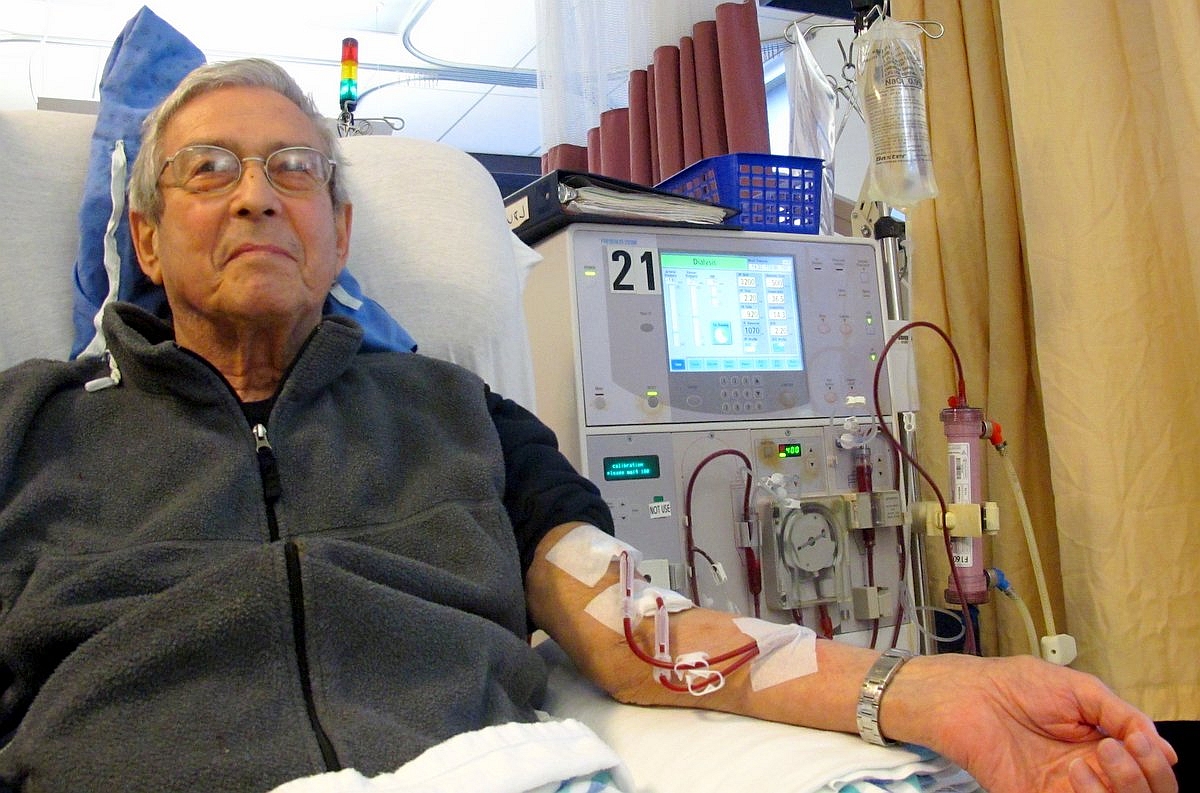Kidney pain is a discomfort that is sometimes transitory, which manifests itself suddenly and for a variety of reasons.
In most cases kidney pain is related to kidney disease, but there are other factors which can cause kidney pain and lower back pain.
The kidneys have the function to clean the blood from waste material that is produced by the body and which needs to be eliminated.
The root causes of kidney pain could be numerous:
Tumors
The formation of kidney stones
Menstrual cycle
Kidney disease
Muscular pain
Flank pain
It is often possible to identify the trigger of kidney pain starting on its type.
To better understand the origin of kidney pain it is a good idea to take an overview of the health conditions, so other symptoms can be traced back to the correct diagnosis.
In case kidney pain becomes continuous and lasts for days, it is a good idea to consult a doctor.
If kidney pain is accompanied by flatulence, most likely it is simply irritated and swollen colon that pushes on the kidneys, causing pain.
In case kidney pain is strong and also propagates throughout the abdomen and leg and urinating causes pain it is most likely kidney stones or urinary tract infection and you need to go hospital or arrange in-depth examinations with your doctor.
In some cases kidney pain is caused by dehydration and it disappear simply by drinking more.
If it is an illness linked to an irritated colon can help a painkiller.
When it comes to kidney stones, as well as a strong hydration you need to understand if it is deemed necessary to remove the kidney stones or if it is sufficient a controlled ejection under medical supervision.
In case of kidney disease what should you eat?
Proteins provides amino acids, a basement for lean tissue. Protein-rich foods improve cells recover, which is crucial in
case your own renal system is dealing with a trauma or even disease, strong defense mechanisms, which safeguards kidneys from diseases.
Who has kidney disease, should be pointed from a medical professional to a low-protein renal diet to reduce the quantity of scum of your blood.
It is a good thing to obtain protein via animal-derived meals, such as lean meats, poultry, fish and low-fat dairy products, vegetable sources, like beans.
If your physician has told you to restricting dairy products high in phosphorus, chose meat,
seafood and poultry frequently. Fish like albacore salmon, tuna, sardines, herring, are supplying omega-3 which can reduce inflammation.
Unsaturated fats like those from avocados, oil, olive or canola oil, nuts, seeds… aid your metabolism with certain nutrients, increase thinking functions and supply energy for low- to moderate-intensity exercising.
Some dietary restrictions in a renal diet may result in not sufficient caloric intake. The National Kidney Foundation points to adding more unsaturated fats in those cases.
Whole Grains, whole wheat, oats, bulgur, millet, brown rice, popcorn, wild rice, are a good source of fiber and nutrients. Whole grains are resources for handling your blood pressure.
Vegetables and Fruit are an excellent antioxidants supply, useful for safeguarding from infections or illness. Antioxidants help healing kidney problems. NKUDIC recommends adding fiber rich foods every day in case you have early-stage kidney disease
Foods to be avoided with kidney disease
Foods rich in Potassium aggravate kidney problems, examine the product labels of meals to make certain they do not contain any potassium
Salty Foods cause problems to the kidney function and should be avoided.
Dairy Products like milk or cheese have to be consumed in small amounts in case of kidney problem.





